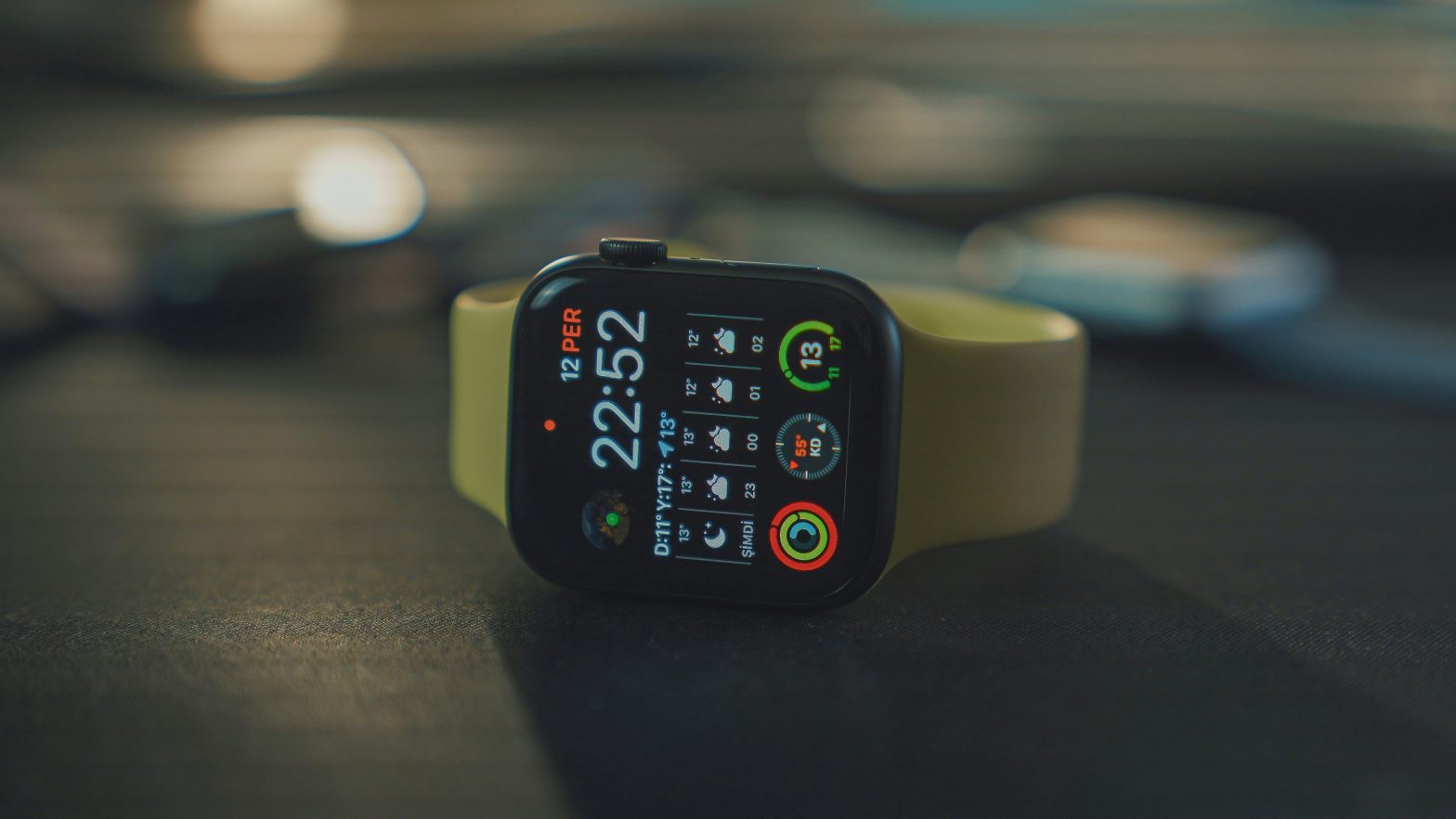According to the latest International Data Corporation (IDC) Worldwide Quarterly Wearable Device Tracker data, the global wrist-worn device market shipped 43.7 million units in the second quarter of 2024 (2Q24), a year-over-year (YoY) decrease of 0.7 percent. China significantly outpaced the global wrist-worn device market with 15.5 million units shipped, a YoY increase of 10.9 percent.
The wrist-worn device market includes smartwatches and wristbands. The global smartwatch market shipped 34.7 million units in 2Q 2024, a YoY decrease of 3.2 percent, while China shipped 11.1 million units, a YoY increase of 18.7 percent. The global wristband market shipped 9.0 million units in 2Q24, a YoY increase of 10.6 percent, while China shipped 4.4 million units, a YoY decrease of 4.8 percent.
The growth of the Chinese wrist-worn market is not only exceeding the global market, in the first half of 2024 Chinese manufacturers also maintained a rapid growth rate and a strong market position in the global wrist-worn market. China’s 15.5 million shipments in 2Q 2024 outpaced the global wrist-worn device market, marking a 10.9% YoY growth, while overall global shipments saw a slight 0.7 percent decline.
Huawei
Huawei achieved significant growth in 1H24 with the launch of new wristbands and smartwatches which resulted in a 55.1% YoY increase of shipments , leading the global wrist-worn market for two consecutive quarters now. It has made substantial progress in regions such as the Middle East and Africa, Latin America, and Central and Eastern Europe. The new Fit 3 has played an important complementary role in its smartwatch product line, significantly driving the growth of its wrist-worn shipments. In addition, Huawei has been leading China’s wrist-worn market since 2021.
Xiaomi
Despite the lack of new wristband products in 1H24, Xiaomi still achieved significant growth and ranked second in terms of global wrist-worn market shipments. This is partly due to the strong performance of its smartphones, and on the other hand, Xiaomi’s smartwatches have made breakthroughs in the entry-level and mid-range segments. Its Redmi series has seen significant growth in the entry-level segment with the coexistence of two generations of products, while the S3 watch has made breakthroughs with innovative designs. The Watch 2 series has made progress in the development of high-end smartwatches. Xiaomi’s wrist-worn product line is expected to continue to grow with the launch of new wristband products in 2H24.
Apple
Apple’s smartwatches have been affected by the global macroeconomic environment and fierce price competition in the market, leading to a decline in shipments. However, it is worth mentioning that Apple still ranks first in the global smartwatch market, which also represents its iconic market position in product development and sales performance. With the upcoming fall new product launch, Apple’s next-generation smartwatches will be highly anticipated and are expected to boost its temporarily declining market performance.
Samsung
Samsung’s growth in the wrist-worn market mainly comes from its new wristband Galaxy Fit 3, which was launched at the beginning of 2024, effectively complementing its wristwear product line in terms of form, appearance, and price distribution. Galaxy Fit 3 is mainly sold in developing regions, filling the gap in the local wristband market’s mid-to-high price segment and significantly increasing shipments. While Samsung’s 6th generation smartwatches are entering its late stages, the launch of new products is expected to drive future growth.
BBK
As a kid’s watch manufacturer, BBK’s significant growth in shipments mainly comes from the recovery of China’s kid’s watch market, which saw a significant increase in 1H24, thanks to the resumption of social activities, a temporary stabilization of the age-appropriate population, and the impact of replacement cycles. BBK has further expanded its sales advantages in the Chinese market through channel efforts and differentiated pricing strategies, thus achieving significant growth.
The rapid development of the Chinese wrist-worn market is mainly influenced by product price differentiation, promotional season activities, and long-tail terminal consumption.
Product Price Differentiation – Most manufacturers in the wrist-worn market have increased their focus on the supply side, especially on products priced at or below the thousand-yuan level, providing consumers with more choices in terms of price, appearance, brand, and network standards.
Promotional Season Activities – Flagship products of most leading manufacturers have executed varying promotional activities that have generally started earlier than in previous years and which have positively affected shipments.
Long-tail Device Consumption – Consumers are exploring various smart devices, resulting in a diverse and segmented market. Along with the public’s increasing focus on health issues, this has brought a broader user base for the development of wrist-worn devices.
”The wrist-worn market has been in a technological accumulation phase for some time, with relatively limited innovative technologies being put into the market. This has made the driving force of the high-end market slightly weak, prompting manufacturers to layout more products in the mid-range to entry-level markets, providing consumers with more choices. On the other hand, it has also narrowed the gap between manufacturers on a global scale, promoting changes in the market structure and providing a buffer opportunity for manufacturers to break through with innovation in the next step,” said Sophie Pan, Research Director, IDC China.
Read More: Spring Capital invests in Agilitas, will help develop brand and launch strategies
